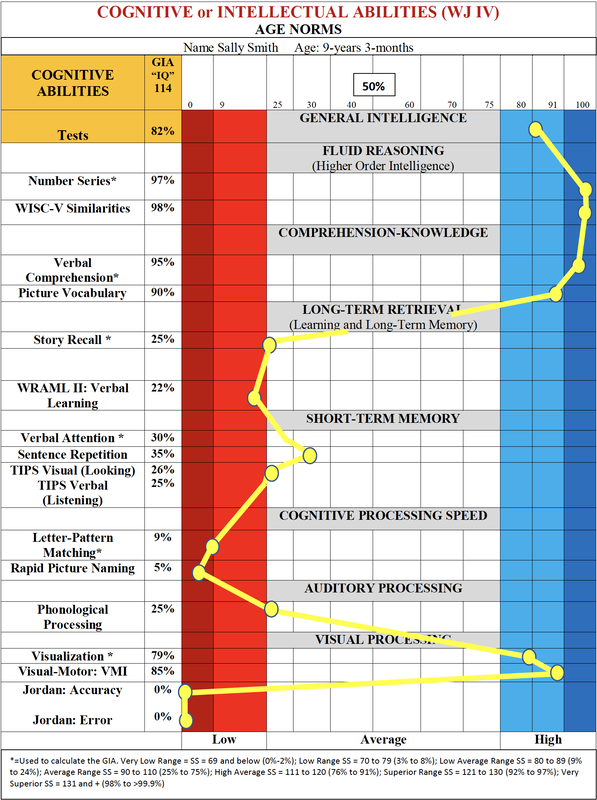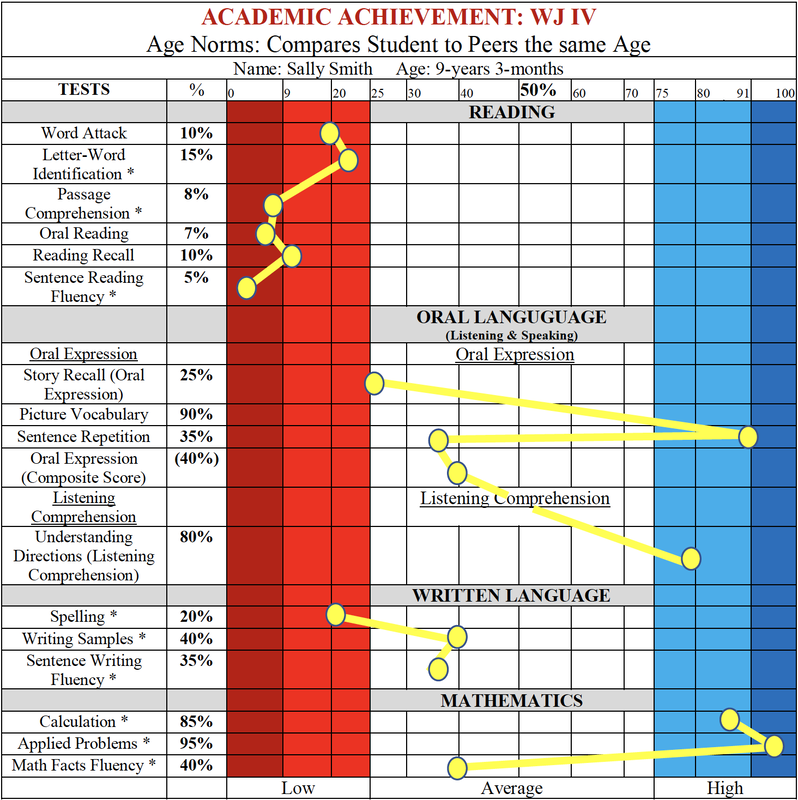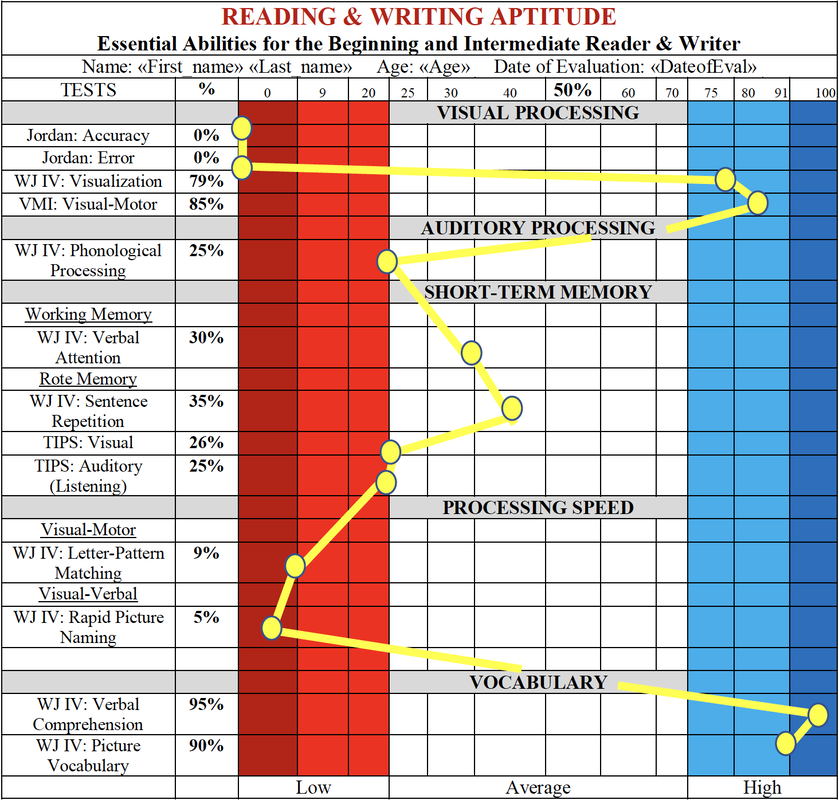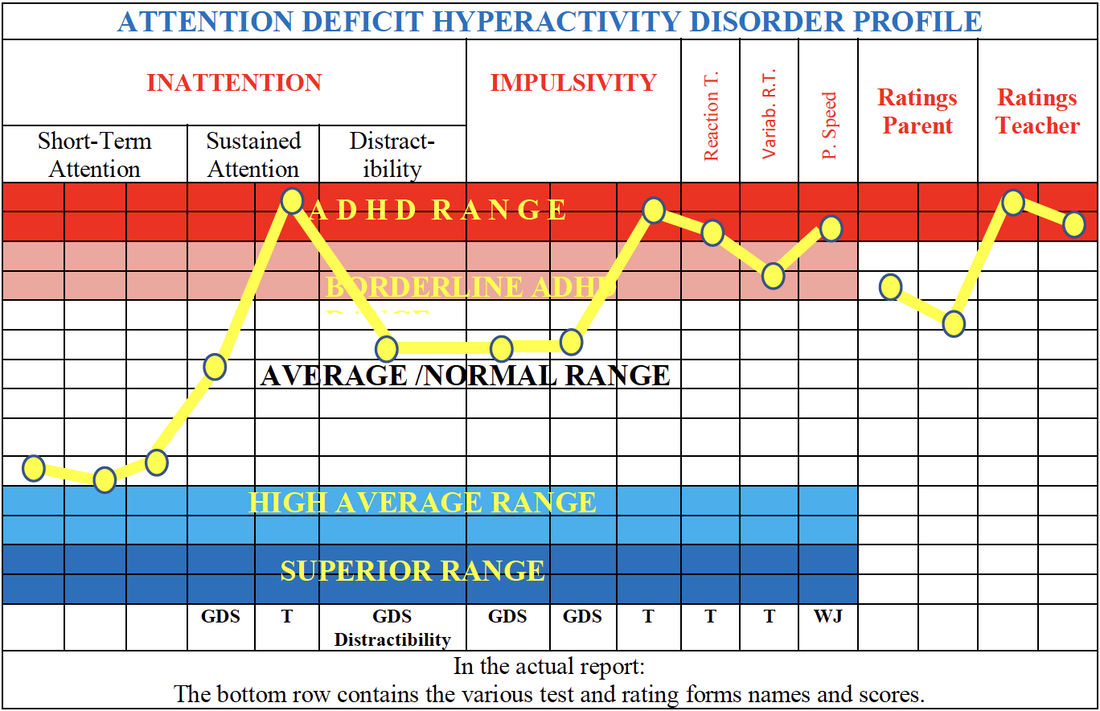Psychological Testing
All in-person, face-to-face testing has been suspended for the duration of the Coronavirus Pandemic. However, some evaluations can be conducted online. Please call the office at 770.939.3073 for more information.
The terms used to refer to “testing” can be confusing, so here is an attempt to clarify what is meant:
Psychological Evaluation: This is a general term that may mean anything from an online interview to formal testing, (i.e., the administration of rating forms or actual tests). When you ask your insurance carrier if you are covered for “psychological testing,” you may be told “Yes” when the representative is referring to a Psychological Evaluation rather than actual “testing.”
Psychological Testing: This term means that actual psychological tests will be given. It usually means face-to-face, but it can refer to online tests. It is the way that testing is referred to when an educational assessment is NOT involved. Psychological Testing could refer to Intelligence Testing, Personality Testing, Emotional Testing, ADHD Testing, etc.
Psychoeducational Testing: This type of Psychological Testing addresses educational issues. At APPA this is our most comprehensive type of psychological testing. It involves testing for intelligence (cognitive abilities); academic achievement in reading, oral language, writing and math; emotional functioning and ADHD. This is the type of testing needed to determine a client’s intellectual level and if there is a learning disability. Rating forms completed by parents and teachers may be included in the Psychoeducational Testing as well as an interview with the client — it allows the psychologist to determine if a child qualifies for an Individual Educational Plan (IEP).
Psychological Evaluation: This is a general term that may mean anything from an online interview to formal testing, (i.e., the administration of rating forms or actual tests). When you ask your insurance carrier if you are covered for “psychological testing,” you may be told “Yes” when the representative is referring to a Psychological Evaluation rather than actual “testing.”
Psychological Testing: This term means that actual psychological tests will be given. It usually means face-to-face, but it can refer to online tests. It is the way that testing is referred to when an educational assessment is NOT involved. Psychological Testing could refer to Intelligence Testing, Personality Testing, Emotional Testing, ADHD Testing, etc.
Psychoeducational Testing: This type of Psychological Testing addresses educational issues. At APPA this is our most comprehensive type of psychological testing. It involves testing for intelligence (cognitive abilities); academic achievement in reading, oral language, writing and math; emotional functioning and ADHD. This is the type of testing needed to determine a client’s intellectual level and if there is a learning disability. Rating forms completed by parents and teachers may be included in the Psychoeducational Testing as well as an interview with the client — it allows the psychologist to determine if a child qualifies for an Individual Educational Plan (IEP).
Knowledge is the key to unlocking a child’s potential and opening doors to success. To get your child started on the road to a rewarding life, you need to know answers to questions about his or her intellectual abilities, learning style, career interests, and personality type, and if there are any problems that might block success. Psychoeducational testing provides the information needed to answer these questions.
Click on any of the sample charts below to download an example of a full psychoeducational report:
Click on any of the sample charts below to download an example of a full psychoeducational report:
APPA provides three phases of psychoeducational evaluation:
Phase I: Identification — What is the Problem? (click each topic for a description)
School or Academic Problems
Low grades, trouble learning, not working up to potential, not doing assignments and/or not turning in homework. Suspected ADHD or LD.
Emotional Problems
Depressed, anxious, obsessive-compulsive, rapid changes in emotions, overly sensitive, overwhelmed by situational stress.
Behavior Problems
Not following directions, temper tantrums, fighting, arguing, breaking rules, lying, stealing and/or destroying property.
Social Problems
Poor social skills, uncomfortable around others, few friends, and/or lack of empathy.
Career Problems
Unsure of what to do later in life — career, college? Difficulty making educational and vocational choices.
Assess to Special Services
School accommodations, extended time SAT or ACT tests, and/or college support services.
Phase II: Evaluation — What is Causing the Problem?
1. Parent Interview
2. Child Interview and Observation
3. Clinical History
4. Clinical Evaluation
5. Behavior Ratings
6. Record Review
7. Psychological Testing
2. Child Interview and Observation
3. Clinical History
4. Clinical Evaluation
5. Behavior Ratings
6. Record Review
7. Psychological Testing
- ADHD
- Learning Disabilities
- Intelligence (“IQ”)
- Cognitive Abilities
- Academic Abilities
- Learning Style
- Emotional Functioning
- Personality
Phase III: Solution — How to Solve the Problem (click each topic for a description)
Normal Findings
Often the child’s “problem” falls in the normal range for his/her age. Consequently, no treatment would be recommended, but parents are offered assistance in dealing with normal parenting issues.
Psychotherapy
Sometimes problems are found that require psychological treatment such as:
- Behavior Modification
- Cognitive Therapy
- Cognitive Behavior Therapy (CBT)
- Individual Psychotherapy
- Family Therapy
- Parent-Child Play Therapy
- Parent Education
- Group Therapy
Medical Consultation
Helping your child’s pediatrician make decisions regarding your child’s care is a very important function of psychological testing.
School Consultation
Psychological testing is the only way to identify learning disabilities and to discover how your child learns best, providing vital information for teachers.
Accommodations in Elementary, Middle and High Schools
Your child may qualify for modifications in academic requirements, extended time, or other accommodations in the classroom to make learning easier.
Individual Educational Plan (IEP) or 504 Plan
Learn if your child meets the criteria for an IEP or a 504 Plan.
College Admissions Testing Accommodations for the SAT and ACT
Your child may qualify for accommodations on college admissions tests such as the SAT or ACT.
Admission to College Programs for Special Needs Students
Testing will reveal if your child has a Disability and will allow him/her to receive needed accommodations in college.





